New Delhi, : The discontinuation of government subsidies for electric vehicles (EVs) has led to a significant decline in EV registrations in Delhi, triggering widespread public dissatisfaction. Official data reveals that in July 2023, the total number of vehicle registrations in the city had reached nearly 67,000. However, out of these, only about 3,400 were electric vehicles—a stark contrast to the surge seen during the previous subsidy-supported years.
Transport experts attribute this downturn directly to the withdrawal of purchase subsidies and other incentives that were previously encouraging citizens to shift towards cleaner mobility options. They assert that unless the government reinstates these financial incentives, it is unlikely that EV adoption will regain its earlier momentum in the capital.
The subsidy program for EV buyers in Delhi was officially terminated in January 2024. Even during the final year of the Aam Aadmi Party (AAP) government, the subsidy support had been minimal, with very few new beneficiaries being added to the scheme. After the Bharatiya Janata Party (BJP) came to power in February 2025, there were widespread expectations that the subsidy framework would be reintroduced as part of a renewed focus on green mobility. However, no such measures have been announced so far.
Interestingly, the BJP-led administration has extended the validity of Delhi’s existing Electric Vehicle Policy, originally crafted by the AAP government, until March 31, 2026. But the policy extension has done little to assuage public concerns, as it fails to address the critical issue of financial incentives for EV buyers.
This policy vacuum is reflected in the market trends. Between 2022 and 2023, Delhi had witnessed a noticeable uptick in EV registrations, spurred largely by subsidy benefits and heightened public awareness regarding environmental issues. But since the withdrawal of subsidies in 2024, registration numbers have been on a consistent decline.
Adding to the problem, the cost of electric vehicles remains prohibitively high for a large segment of consumers. Without the cushion of subsidies, many prospective buyers are finding EVs financially out of reach. Hybrid vehicles, which are often considered a transitional choice for those not ready to switch entirely to electric, are also not being offered any form of government incentive.
This lack of financial support has prompted many consumers to explore registration options in neighboring states like Uttar Pradesh, where the registration process is less taxing and certain fiscal benefits are still available. This trend not only reflects the capital’s missed opportunity to expand its green vehicle base but also translates into a tangible loss of revenue for the Delhi government.
Industry analysts warn that unless proactive steps are taken to restore subsidies and create a more EV-friendly ecosystem, Delhi’s ambitious targets for electric mobility adoption could fall far behind schedule. For now, the capital’s EV market, once seen as a model for other states, finds itself grappling with stagnation and growing public dissatisfaction.





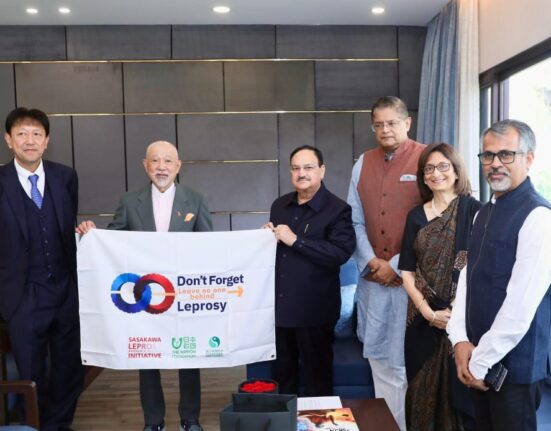
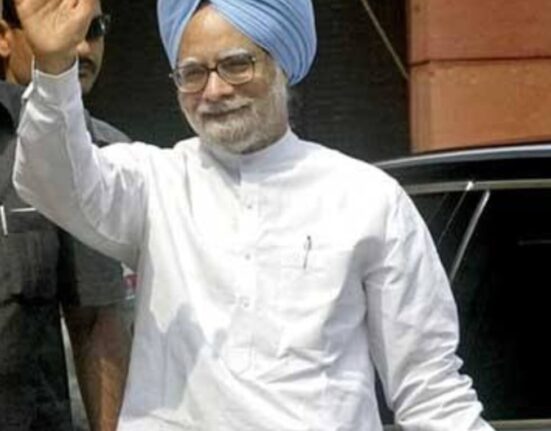
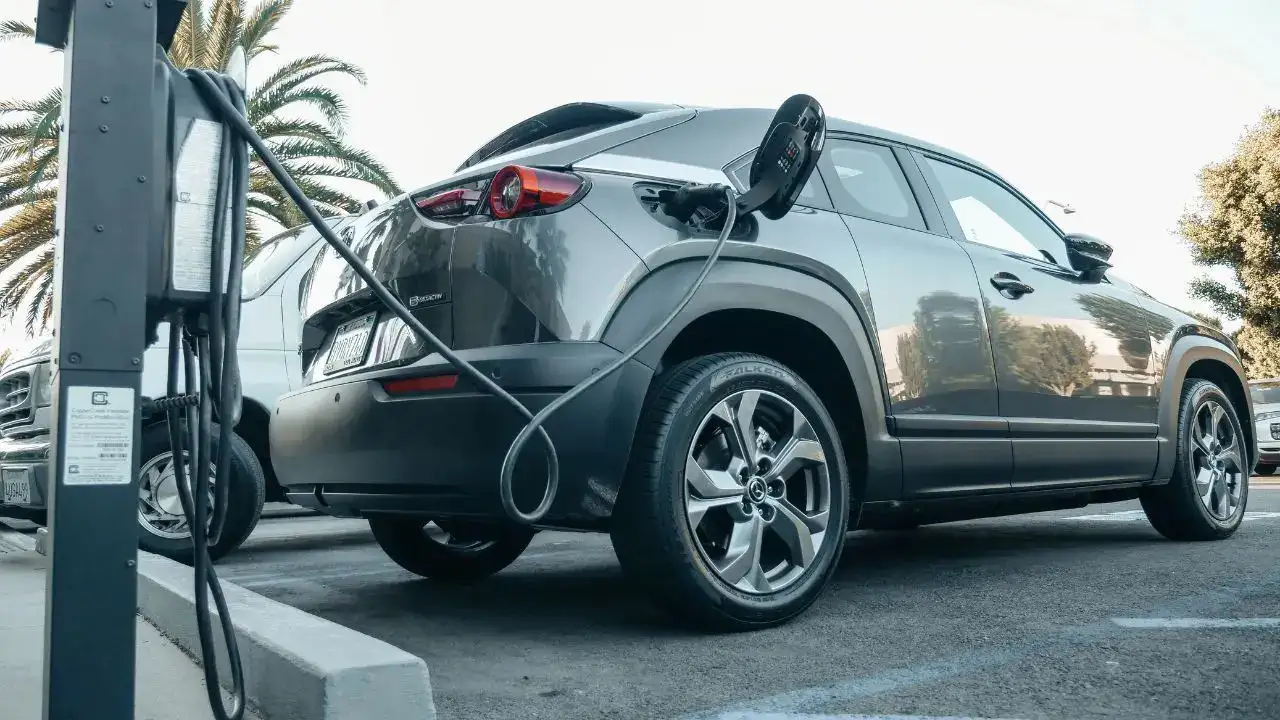
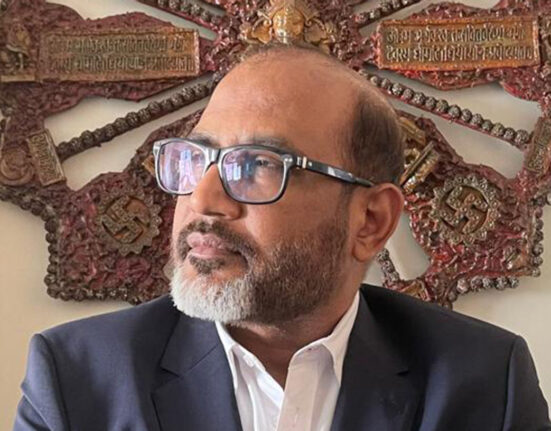
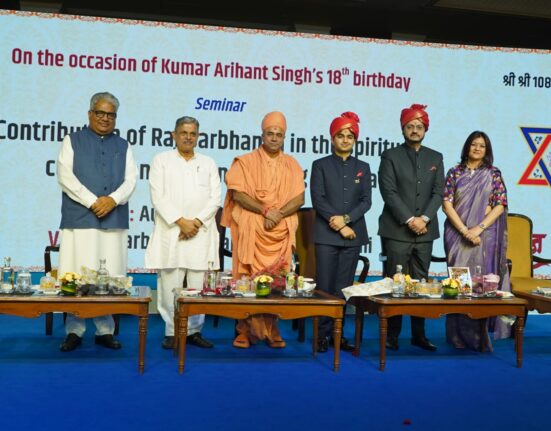

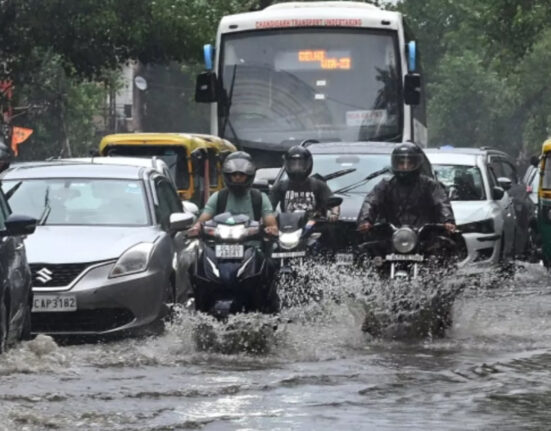
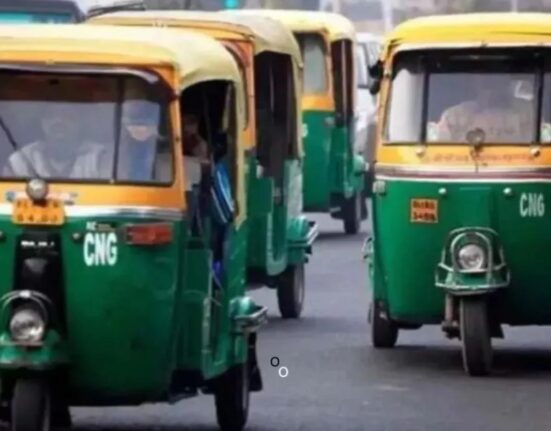
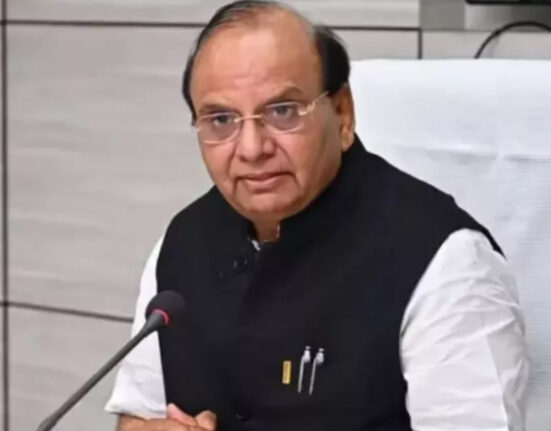
Leave feedback about this